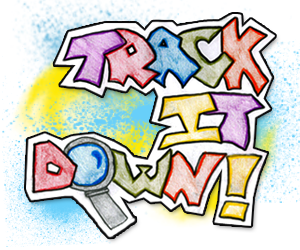Information » Health » Emotional and Mental Health » Depression
In This Section
Depression
Depression can affect people of all ages, backgrounds, lifestyle and nationalities. Most people with depression can get on with their lives and many people learn a great deal about themselves having lived through an episode of depression.
The word depression is used in many different ways. Everyone can feel sad or blue when bad things happen. However, everyday blues and sadness is not depression. People who have the blues may have a short-term depressed mood, but they can manage to cope and soon recover without treatment.
Depression is increasingly common. Certain events in our lives can trigger periods of depression for example exam or work stress, family problems, or concerns around identity or sexual orientation. Hormonal changes, such as in puberty, pregnancy or menopause can also contribute to depression.
People who are depressed may experience
- Persistent sadness or low mood
- Loss of interest or pleasure
- Tiredness or low energy
- Disturbed sleep
- Poor concentration or being indecisive
- Low self confidence
- Poor or increased appetite
- Suicidal thoughts or acts
- Agitation or slowing of movements
- Guilt or self blame
Not every person who is depressed has all these symptoms. People who are more severely depressed will have more symptoms than those who are mildly depressed.
Friends and family can be a very important source of support for a person who is depressed. People who feel supported by those around them recover faster. Recovering from depression is not as simple as “pulling yourself together”. Hearing that is very hurtful, and can actually make people feel worse about themselves, making their depression worse.
There are many treatments for depression, from medication to complementary therapies to talking treatments. If you think you may be depressed, please talk to someone about how you are feeling or make an appointment with your GP.








